1 Comment
Clay
11/13/2015 06:03:18 pm
Do you have any more specific recommendations about what types of journal articles, or specific articles, to read each week? I've found, from my brief (as in 15-20 journal articles) research on running shoes, foot strike/gait patterns, and training/rehab in general, that there are more inconsistencies within running research than in other areas of PT. Which is good and expected because running is complex. I feel like 52 articles in a year wouldn't get me very far if I were to study a wide variety of running topics but if I were to hone in on something more specific, I may be able to make more efficient progress. I'm a 3rd year PT student but also have hopes of having a few clients who I coach for performance running throughout the year as well.
Reply
Leave a Reply. |
OUR LATEST
E-BOOK for RUNNERS MIKE REINOLD & ERIC CRESSEY'S FUNCTIONAL STABILITY PART 4
Archives
January 2018
Categories
All
|



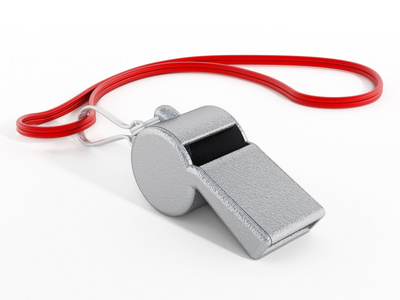

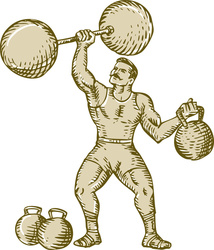
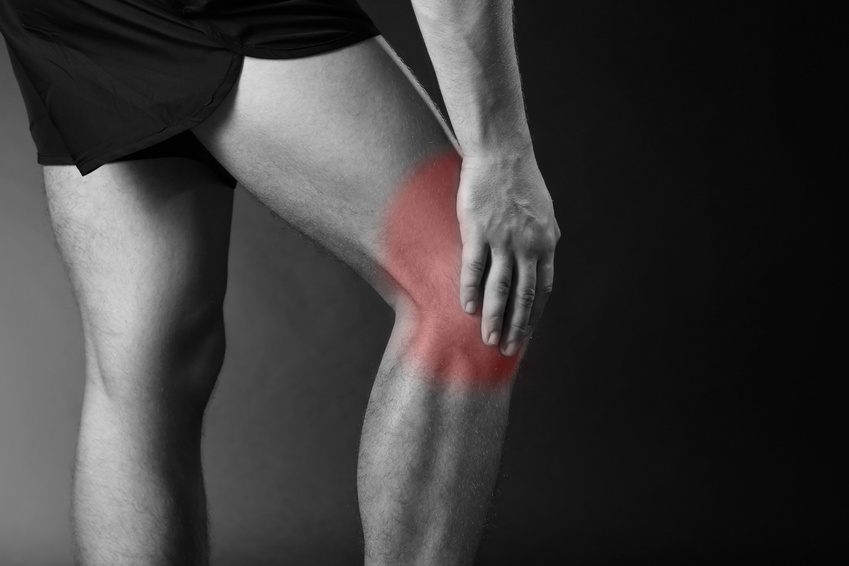
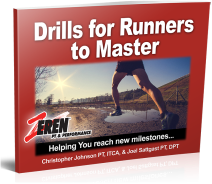
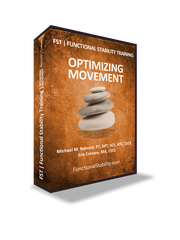
 RSS Feed
RSS Feed